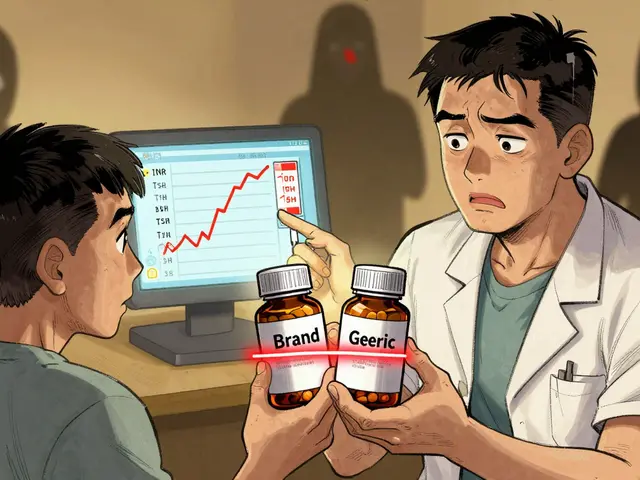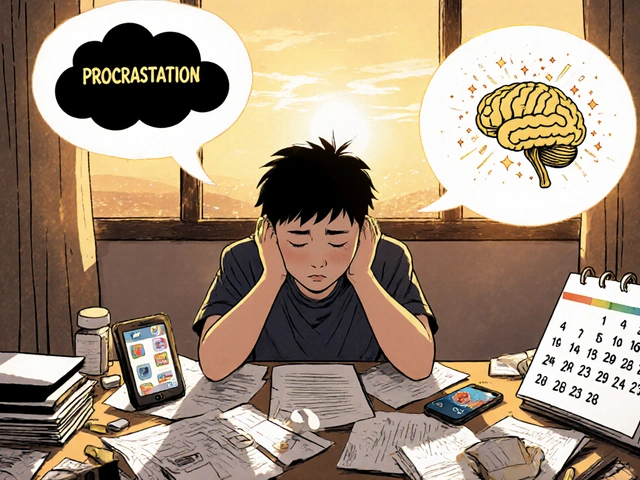Premenstrual Syndrome Medication: What Works and What to Avoid
When premenstrual syndrome medication, drugs used to relieve physical and emotional symptoms before menstruation. Also known as PMS treatment, these options aim to balance hormones, calm nerves, and reduce pain hits, it’s not just "being moody." For many, it’s debilitating cramps, brain fog, irritability, and bloating that wreck days—or weeks—before your period. The good news? You don’t have to just tough it out. There are real, science-backed premenstrual syndrome medication options that actually work, and others that don’t. Knowing the difference saves time, money, and emotional energy.
One of the most effective classes of drugs for severe PMS and PMDD (the clinical version) are SSRIs, selective serotonin reuptake inhibitors, commonly used for depression but also proven to ease PMS mood symptoms. Medications like sertraline or fluoxetine aren’t just for anxiety—they can lift irritability, sadness, and even food cravings in as little as a few days. You don’t need to take them all month; some women take them only during the luteal phase (the two weeks before their period). It’s not magic, but it’s one of the few treatments with strong clinical data behind it.
Then there’s hormonal therapy, treatments that adjust estrogen and progesterone levels to reduce PMS triggers. Birth control pills, especially those with drospirenone (like Yaz), can help by stopping ovulation and smoothing hormone swings. But they’re not for everyone—some women feel worse on them. It’s trial and error, and it’s worth discussing with your doctor if your symptoms are tied tightly to your cycle.
For physical symptoms like cramps, headaches, or breast tenderness, NSAIDs, nonsteroidal anti-inflammatory drugs like ibuprofen or naproxen that reduce inflammation and pain are often the first line of defense. They work best when taken early, even before symptoms hit hard. Skip the acetaminophen if you’re dealing with inflammation—it won’t touch cramps the way an NSAID does.
What’s missing from most people’s radar? The fact that some "natural" remedies and supplements (like chasteberry or vitamin B6) have modest evidence—but aren’t replacements for proven meds. And while lifestyle changes like sleep, exercise, and reducing caffeine help, they don’t fix severe cases. If you’re choosing between suffering and trying something, don’t assume meds are a last resort. They’re tools, not failures.
You’ll find posts here that break down exactly which drugs are backed by real studies, how they compare, what side effects to watch for, and how to talk to your doctor without sounding like you’re making up symptoms. Whether you’re weighing SSRIs, considering hormonal options, or just trying to understand why ibuprofen works better than your friend’s magnesium pill, this collection gives you the straight facts—not hype, not guesswork.

How Norethindrone Acetate Helps Manage Premenstrual Syndrome (PMS)
Norethindrone acetate is a progestin-only medication that helps reduce severe PMS symptoms by stabilizing hormonal fluctuations. Learn how it works, how to take it, and how it compares to other treatments.
Detail




